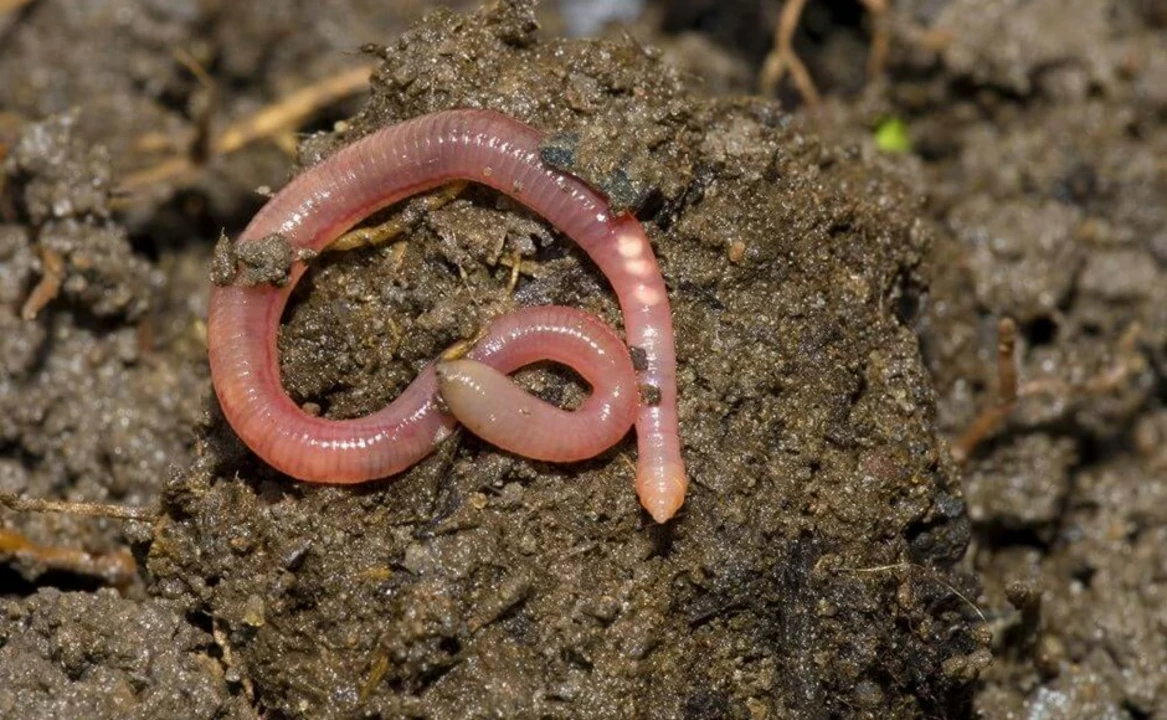Worm infections: simple facts, clear steps to stay safe
Worm infections are surprisingly common and often treatable, but people still overlook obvious signs. You might think they only affect poor areas, yet travelers, kids, and pet owners get them too. Knowing how worms spread, what symptoms to watch for, and how treatments work makes a big difference.
Different worms cause different problems. Roundworms and pinworms often cause belly pain, poor appetite, weight loss, or visible worms in stool or around the anus at night. Tapeworms are trickier: they can cause mild digestive upset or go unnoticed for months while stealing nutrients. Hookworms and whipworms can cause anemia and fatigue. Some parasites move beyond the gut and cause cough, skin rashes, or swollen lymph nodes.
How people catch them
Transmission is simple: touching contaminated soil, eating undercooked meat or fish, swallowing eggs from unwashed hands, or contact with infected pets. Kids pick up eggs from playgrounds or sandboxes and forget to wash hands. Traveling to places with poor sanitation raises risk fast. Even well-meaning gardeners can pick up larvae from soil if they don’t wear gloves.
Quick guide to diagnosis and treatment
If you suspect a worm infection, your doctor will usually ask for a stool test or a tape test for pinworms. Blood tests can show anemia or specific antibodies in some cases. Treatment is usually a short course of anthelmintic drugs. Albendazole and mebendazole work for many roundworms and pinworms. Praziquantel treats most tapeworms. For some infections, a single dose is enough; others need several days. Pregnant women and very young children need special dosing, so follow medical advice closely.
Simple steps cut risk a lot: wash hands after using the bathroom and before eating, cook meat to safe temperatures, wash fruits and vegetables, and treat pets for worms. Regular deworming for household pets and keeping play areas clean also helps. If you live or travel where sanitation is poor, avoid walking barefoot and drink bottled or boiled water.
When to see a doctor? If you have persistent abdominal pain, unexplained weight loss, blood in stool, high fevers, or severe fatigue, get checked fast. Don’t wait for dramatic symptoms—small signs can mean a treatable infection. Also tell your doctor about recent travel, pet exposure, or community outbreaks.
Community programs often offer free deworming once or twice a year for kids in high-risk areas — ask your clinic if this applies to you. Testing is wise if symptoms persist or after travel to high-risk countries; routine testing isn't needed for everyone. Avoid self-medicating with leftover pills; wrong dosing can cause side effects or miss the right parasite. If one family member tests positive, consider treating close contacts after checking with a doctor to stop reinfection. Ask questions until you understand.
Worm infections are unpleasant but usually easy to fix when caught early. Practical prevention, timely testing, and correct medication keep you and your family safe without drama. If you’re unsure, a quick talk with a healthcare provider clears things up fast.

